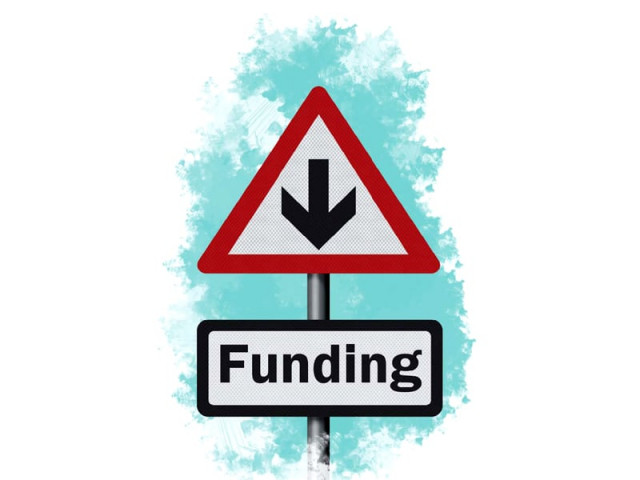Karachi:
The abrupt decision of the Trump administration to end foreign aid, in particular funding through the American Agency for International Development (USAID), has delivered a shock to the social sector of Pakistan, forcing many organizations to stop projects, to dismiss staff and to reduce operations.
A few days after starting his second term in January, Trump announced a break throughout the foreign aid under his “America First” policy. This decision has further deepened an already difficult financing environment in Pakistan, where the fatigue of donors and changing priorities have reduced world aid flows in recent years.
However, the development sector of Pakistan has managed to absorb initial shocks. Experts say that a change of strategy, reinforced by the growing support of the Pakistani diaspora and contributions from the national government, helped NGOs to maintain their work alive.
“The development sector oldly of the decades of Pakistan, in particular large NGOs, is deeply rooted and is looking for a multisectoral and multi-donters approach to avoid dependence on one or a few donors,” said Naseer Memon, an expert in the social sector based in Islamabad.
Although USAID is not the only donor of Pakistan development initiatives, its sudden withdrawal has disrupted several key health, education and community well-being projects, anadolu.
However, local NGOs quickly adapted by diversifying their sources of funding and based more on domestic support and based on the diaspora to avoid complete collapse.
European nations have also financed programs focused on religious harmony and democratic governance in Pakistan, in particular during the “war against terrorism after September 11, helping to widen the landscape of donors of the country, added Memon.
Restructuring and resilience
According to Memon, another factor that has helped local NGOs are the financing of the Pakistani government for a multitude of projects in the social sector.
A major recipient of the USAID funds, the Sindh rural support organization (SRSO), was forced to close three health projects in the southern province after the financing freezing – two of which were in full swing and one has just started.
Mohammad Dittal Kalhoro, the SRSO chief, said that his organization was to abandon several staff members, but that almost 90% were re -expressed in a few months thanks to the restructuring of the project and the cost reduction.
“We have retained or rehired by employees (assigned by USAID Cups) for other projects where we had a cushion, or new projects that we launched later,” Kalhoro told Anadolu.
One of the previously interrupted projects was restored by USAID in June, allowing you to recharge and expand, he added.
Diaspora intensifies
Increasingly, Pakistani NGOs are counting on funds from the diaspora. More than 8 million Pakistanis live abroad, mainly in the United States, Europe and the Gulf States, and refer more than $ 30 billion in versions each year.
This financial rescue buoy now helps charity and NGOs to carry out health, education and water projects, especially in poorly served rural areas, said Memon.
Ali Mohin, a Canadian Pakistani engineer, has collected funds for a DIR’s eyes hospital, a district northwest of Khyber Pakhtunkhwa province near the Afghan border. Between 2012 and 2024, Canadian Pakistani people helped carry out 12 major health, education and clean water projects, while only 10 are in progress this year, said Mohin, who works with the Al-Khidmat Foundation, the charity of the Jamaat-Elami socio-religious party.
Umair Idris, director of the Foundation, also stressed the importance of the financing of the diaspora, saying that 35% of the budget of the charitable now comes from Pakistanis abroad – an increase of 10% compared to the levels of 2020.
The Citizens Foundation, which manages a network of more than 2,000 schools on a national scale, also experienced an increase in the support of the diaspora.
“Previously, we received 30% of our global funding from Pakistani abroad,” said Anadolu Mushtaq Kassim Chhapra, founding director of the organization.
“This share has increased to around 40% to 42% in recent years, especially because they (Pakistanis abroad) have confidence and confidence in our work.”
Drop in world aid
The pressure on the social sector of Pakistan is part of a larger global trend. Trump’s freeze on help in the United States, the largest donor swimming pool in the world, has sparked similar budget cuts from other countries, leaving the community of the international development community.
The World Fund based in Geneva recently announced that it would reduce $ 1.4 billion compared to previously approved subsidies, citing uncertainty about donor commitments.




